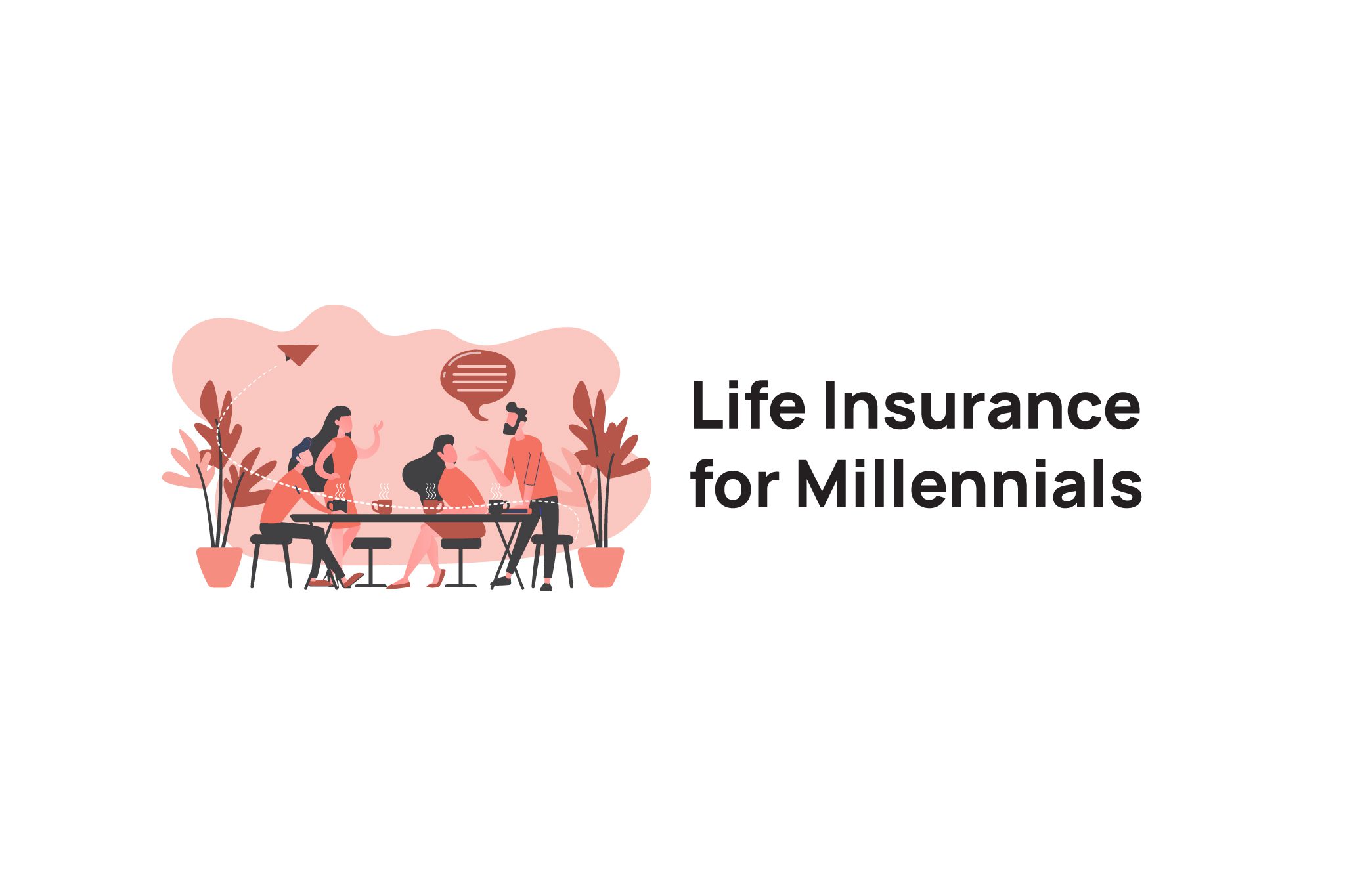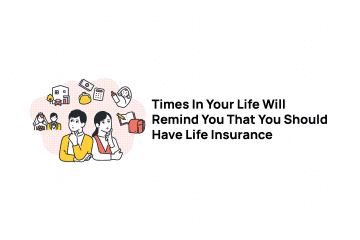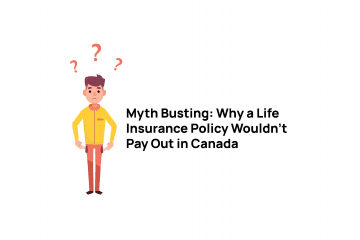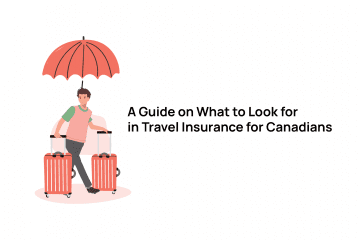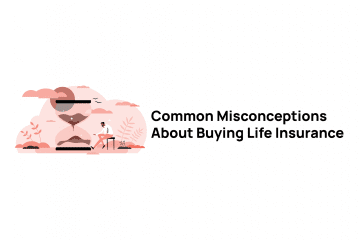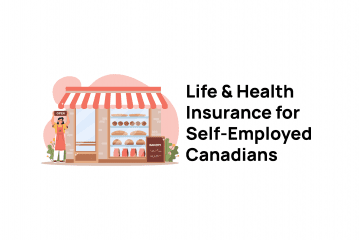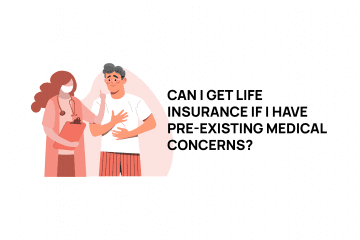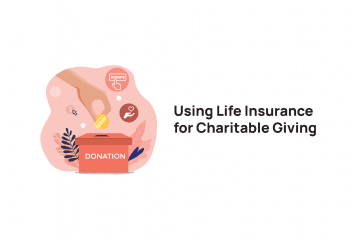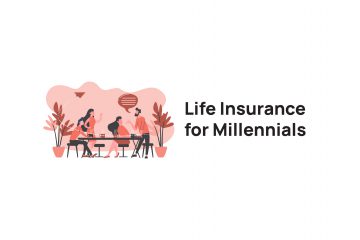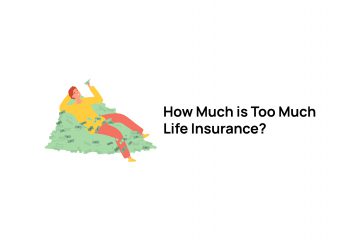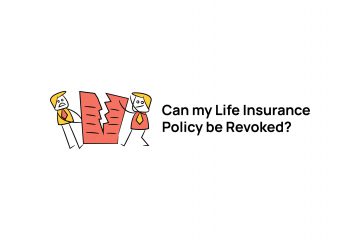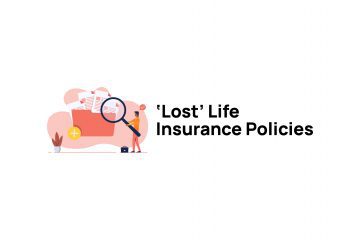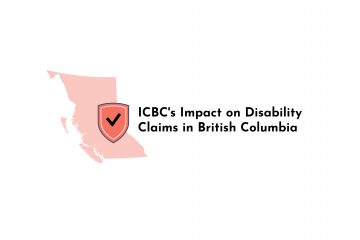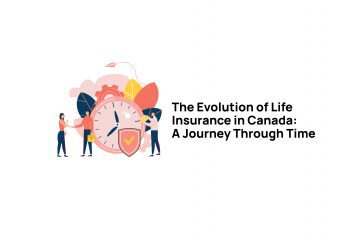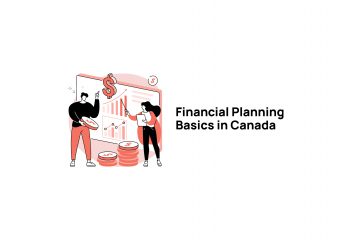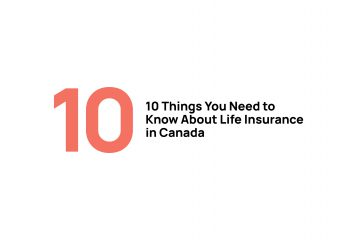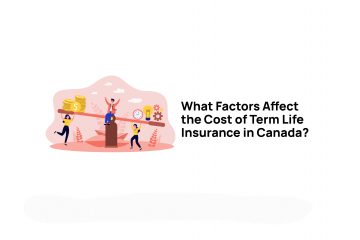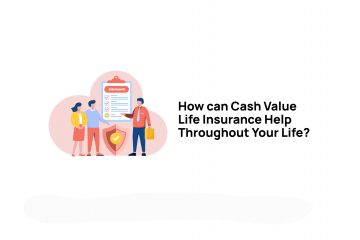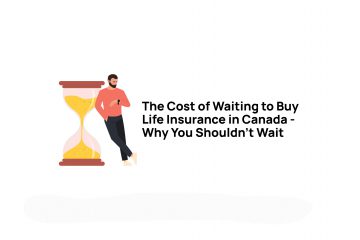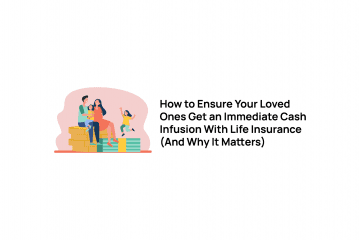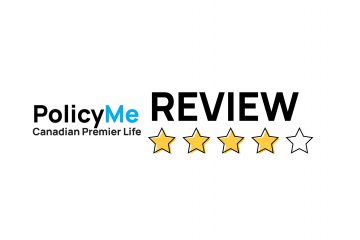We hear all the time about Millennials and why this generation is different. When someone is in their 20s or 30s, the idea behind life insurance seems like a distant need. Everyone knows that the younger people are, the more invincible they feel. Life insurance isn’t something you need to have today. It is something that the older, more vulnerable you needs to worry about, years from now. Remember, though, when it comes to life insurance, you need to make sound choices today to protect yourself in the future from the unexpected. This means that even though it may not seem like it, life insurance is relevant for Millennials.
I am a member of Generation X, and even though the age gap from my generation to Millennials isn’t huge, there are still some things I don’t know I will ever understand. Millennials, having grown up in the age of technology (social media, smartphones, tablets), have vastly different experiences than any generation that came before them. Surveys show that Millennials often believe they should have life insurance, but they still don’t get it. Let’s take a few minutes and review some of the reasons that this is the case and offer some opinions on why these reasons aren’t always sound.
In this article:
- Bad Things Happen to Other People, Not to Me
- Some Common Reasons Why Millennials Avoid Life Insurance
- I Get It, I Need Insurance. Now What?
- Final Thoughts
Bad Things Happen to Other People, Not to Me!
This is not something unique to the Millennial generation. For many years, it has been well-known that many young people feel a sense of invulnerability when related to their own mortality. In your 20s and 30s, if you’ve been generally healthy leading up to that point, you often feel like a sudden illness or accident that could lead to your death is something that happens to someone else, not to you. This isn’t unique to Millennials; they just happen to be in the age window where it applies to them right now. The thing is, and we’ve touched on this before in other posts, there is a randomness to this type of thing that makes this belief a crutch that can be dangerous. Often, with people in their 20s and 30s, my experience has been that it isn’t until someone close to them has a health scare or dies unexpectedly that they decide that they need to look at life insurance now. If this is the approach you’re on, just remember, due to that aspect of randomness, it could be you that ‘it’ happens to, and your friends are now using you as motivation to look at an insurance plan. Wouldn’t it be better to have been proactive? If you end up in that situation, you are far better off being the person who your friends think is so smart because you have insurance already in place.
Get a free quote
Some Common Reasons Why Millennials Avoid Life Insurance
- I have life insurance at work – Think about this in the simplest terms. If you rely on this type of coverage, your plan is to stay at the job that offers the coverage until you die. You should know as well most group life insurance has a death benefit that reduces by 50% at age 65 and then ends when you turn 71. Millennials are part of a generation where changing careers is more and more common. Do you want to be in a situation where you are tied to a job in the future because your health has deteriorated to the point that you can’t afford to give up the life insurance associated with your current employer? Group life insurance is a wonderful complement to personally owned insurance, but it is not a good substitute for it.
- I don’t have dependents – If no one relies on your income, what do you need life insurance for? Here’s the question to ask yourself. Do you have debts that someone else would be responsible for if you die? Did you know that there are forms of student debt that aren’t forgiven when the borrower passes away? What about the costs of your funeral? Just because you don’t have someone who relies on your income every day to survive doesn’t mean that if you died, there’s no one who is financially impacted. Having an insurance plan in place to deal with any debts or bills that remain after you die makes life much easier for your heirs.
- I am healthy; I don’t need insurance – We touched on this earlier, but it bears repeating. Being healthy is a requirement for getting life insurance, not a reason not to get it. Think of this analogy. When do you get property insurance to protect your home and its contents? Do you get it when everything is okay or when your kitchen is engulfed in flames? Insurance protects you from the unknown happening in the future based on everything being okay when you apply. You can’t wait until something changes with your health because that will make qualifying much more difficult.
- Life insurance is going to cost me too much – Some surveys show that Millennials often overestimate the cost of life insurance by as much as three times. $250,000 of death benefit coverage for healthy non-smokers in their 20s and 30s can often be had for less than $300 annually. Again, some surveys have shown that many Millennials believe this number would be much closer to $1000. This disconnect between the expected versus actual costs makes it so that Millennials don’t start the process of exploring getting coverage.
- The process of buying insurance is too complicated – This is an area where things have changed dramatically in the past decade. The days of an advisor needing to come to your house and ask you many personal questions to apply for a life insurance policy are gone. One of the podcasts that I listened to was sponsored by an American online insurance company that had a tagline that was along the lines of ‘the only time you need to see an agent is if you’re being investigated by the FBI.’ That always made me smile, and it’s never been truer. If you choose to, you can still go the route of having an advisor arrange your policy, but there are many other options available. Take lifeinsurancecanada.com as an example. They offer a full suite of life insurance products, can search the entire marketplace to find you the best prices for what you need, and the entire process can be done virtually. The process isn’t complicated anymore. You are in control of what you are looking for and how you choose to apply.

I Get It, I Need Insurance. Now What?
Once you see the need for life insurance, the next thing that you need to look at is how much coverage you need. There are lots of options for calculating this. If you have no dependents, it may be as simple as taking stock of the debts that you have and the cost that a funeral would carry and taking out a policy for that amount. This makes it so that your loved ones aren’t left with any financial burdens associated with your passing. If you have dependents, the calculations can become a bit more complicated when you begin to figure out how much income replacement is needed and for how long. Either way, there is support available that will help you come up with an amount that you should want the policy to pay out should you pass away. If you are considering life insurance as part of an overall financial security plan, you may want to connect with an advisor who can provide you with more holistic advice about your overall plans. Either route is good; the important part is that you proceed with the application after you know how much coverage you need.
Final Thoughts
Millennials have grown up in an amazing time in human history. Technology has provided us with many wonderful things. Think about it: 50 years ago, no one ever saw what they were eating for dinner and thought, ‘This looks so delicious I must take a photo of it and show it to all my friends.’ Technology has allowed us to do that. It has also created the world of crowdfunding. We have all seen a Go-Fund-Me page set up for a person who passed away unexpectedly, trying to raise money for their family to help with their financial burdens. The fact that they weren’t prepared with an insurance plan breaks my heart a bit. Life insurance is easy to get; if you’re in the Millennial generation right now, premiums will be very affordable. You can’t put a price on the peace of mind that comes from knowing your loved ones will be looked after financially in the event the unexpected happens. Having looked at the reasons that you would delay getting coverage, I need to ask: do any of them make enough sense to deny yourself that peaceful feeling of knowing that you’ve done your best to plan for the unexpected? The options are there: are you someone who wants a DIY approach, or do you prefer the guidance of an advisor? Make the decision to proceed and feel confident that you have made a great choice to protect your loved ones financially.
